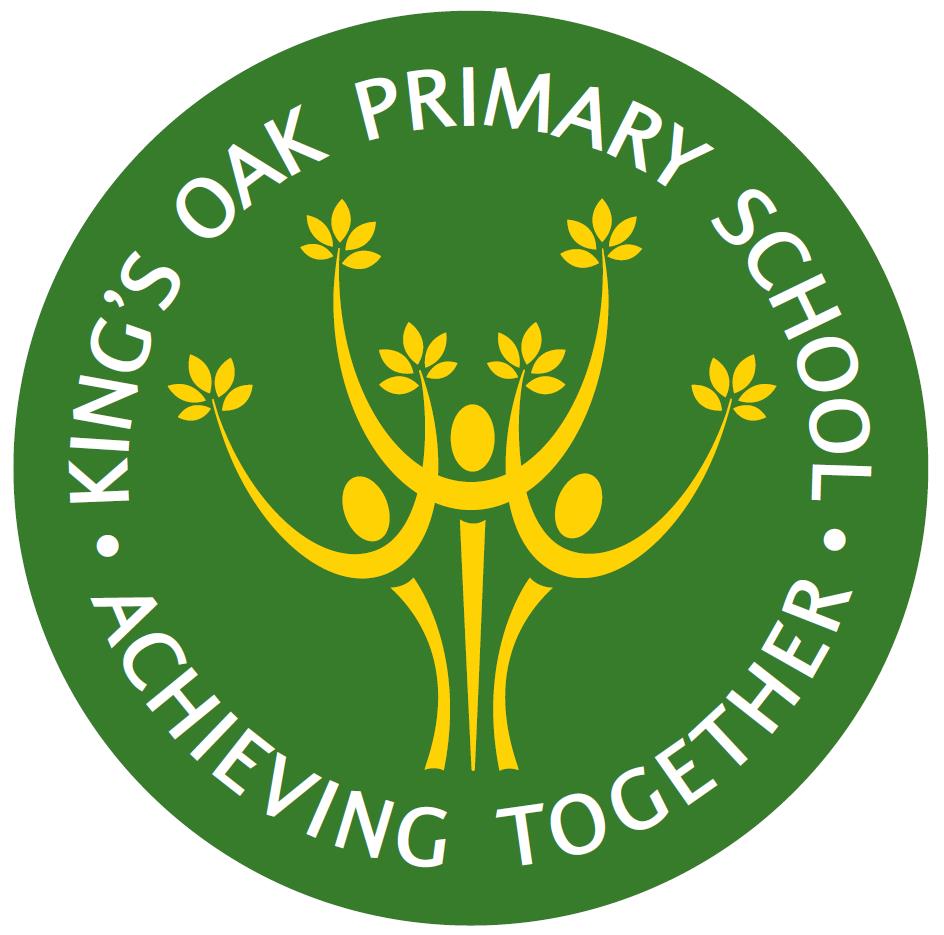Online Safety
Being online can be a great source of fun, entertainment, communication and education. Some people’s online behaviour places others at risk. The number of issues covered under online safety is large and constantly growing. They are categorised into these four areas of risk:
Content: being exposed to illegal, inappropriate or harmful content, for example: pornography, fake news, racism, misogyny, self-harm, suicide, anti-Semitism, radicalisation and extremism.
Contact: being subjected to harmful online interaction with other users, for example peer to peer pressure, commercial advertising and adults posing as children or young adults with the intention to groom or exploit them for sexual, criminal, financial or other purposes.
Conduct: online behaviour that increases the likelihood of, or causes, harm, for example making, sending and receiving explicit images (e.g. consensual and non consensual sharing of nudes and semi-nudes and/or pornography, sharing other explicit images and online bullying).
Commerce: risks such as online gambling, inappropriate advertising, phishing and/or financial scams. If pupils or members of staff report any issues, we will report it to the Anti-Phishing Working Group (https://apwg.org/).
The links below will help you to stay safe online – and you can always ask your teacher or school adult via Google Classroom or in school if you need help!
ThinkUKnow – if you are 5-7 years old
ThinkUKnow – if you are 8-10 years old
ThinkUKnow – if you are 11-13 years old
Childline – for everyone - comforts, advises and protects children 24 hours a day and offers free confidential counselling. Phone 0800 1111 (24 hours) Chat 1-2-1 with a counsellor online.
If you see something criminal online (or offline) you can report it 100% anonymously at www.fearless.org
For Parents
Find information and safety settings for your child's devices and apps, along with guidance to tackle online issues they may face - Internet Matters
